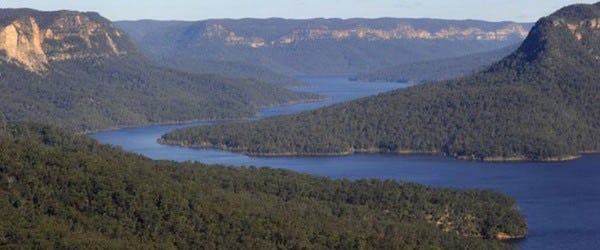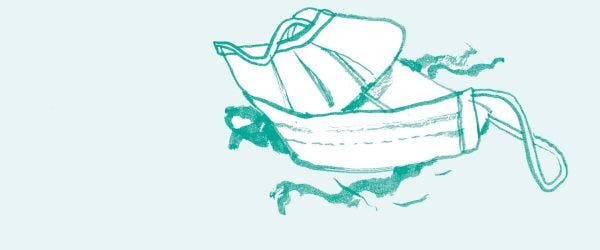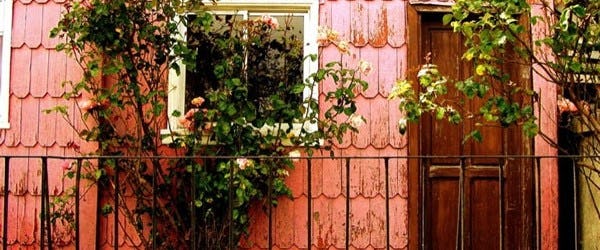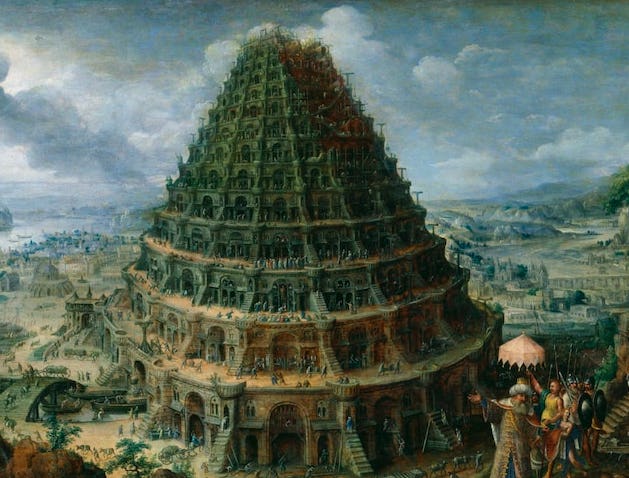Language Lost and Found
Nadia Niaz • 29 July 2022
This issue brings together writers reflecting on their relationship with language. Through these essays and poems, they consider the articulations of identity, land, race, religion and relationships allowed and prohibited by different languages – as well as by different relationships with language.
Talking about language is often difficult in Australia. Progressive Anglophone society does romanticise multilingualism, certainly, but only if the languages spoken in addition to English – never instead of – are of a certain pedigree. That is, they must be Western European. Or ancient. Or associated with intellectual achievement. Or sufficiently exotic to be non-threatening. In contrast, the familiar exotic – for example, Chinese or Arabic – and Indigenous languages are forms of multilingualism threatening to the settler colonial project.
Each item below represents a threat, then. Whether their authors are relearning and reclaiming Indigenous heritage, complicating whiteness and genocide, or interrogating families and relationships, these pieces navigate the seams, the in-betweens, the complexities, triumphs and failures of life lived in more than one language.

Learning Bundjalung on Tharawal
Evelyn Araluen, Overland, Winter 2016
Araluen navigates hope and grief as she reflects on the process of learning and reclaiming Language as an adult.
So in this place the shape of my place
I am trying to sing like hill and saltwater,
to use old words from an old country that I have never walked on:
bundjalung jagum ngai, nganduwal nyuyaya,
and god, I don’t even know
if I’m saying it right.
Definitions from a Family Dictionary
Shastra Deo, Peril, September 2015
I forget my language as I become fluent in English, my mother-tongue the victim of a slow and inevitable erasure. My mother’s family takes pity on me. One of four sisters, my mother watches placidly as I duck my head, my cheeks flushed.

A Teleology of Folding, and of Dying
Dženana Vucic, Overland, Winter 2021
I stopped offering the folded envelope of my identity months ago and yet still, to hear my name said aloud is a particular thrill; almost sensual, like new touch. The intimacy of it takes my breath away. I glow at its gentle syncopation, the shallow sigh of its vowels. My name is Persian for beloved. Where I am from, it identifies me: Bosniak, and: Muslim.
Guwayu – For All Times
Jeanine Leane, Sydney Review of Books, August 2020
The term ['interpretation'] speaks more faithfully to the complexity of each of our languages that are unique and refuse direct classification and translation into the coloniser’s introduced language of English. For some poets, too, the decision to craft their works in Aboriginal-English rather than Standard Australian English is a conscious and deliberate choice. It is also a testimony to our ability to make the introduced language our own and to make it work for our many communities, and is further evidence of the innovation and resilience of our First Nations peoples post invasion.

We Don’t Use Language Like That
Jessica Yu, Overland, Autumn 2016
A multivocal poem exploring love and relationships through language and silence. The beauty and tension of the poem come from the way the unsaid, lurking in the spaces between the words and lines, exerts a tidal pull on the narrative.

Is Australia Ready for the Multilingual Mindset? (Tongue Tied & Fluent, Part 1)
Masako Fukui & Sheila Ngọc Phạm, Earshot, November 2019
This is the first episode of a five-part documentary series exploring what it means to be multilingual in Australia. The series presents the perspectives of multilingual people from multiple communities in Australia as they discuss their experiences with language preservation, learning and loss in this country.
By the Guest Editor: These Words
Nadia Niaz, KINGS Artist-Run, June 2019
This edition of The Circular was curated by Nadia Niaz. Here we share three poems and a short memoir she penned to accompany the art exhibition these words, hosted by KINGS Artist-Run.
That moment of recognition in which what is buried deep in you emerges alive, as if it never left; when you inhale in one language and exhale in another; a shift as your consciousness stretches – that moment is precious.
Nadia Niaz is a Naarm/Melbourne-based writer, editor and academic. She received her PhD in Creative Writing and Cultural Studies from the University of Melbourne, where she teaches Creative Writing in the School of Culture and Communication. Her areas of interest are multilingual creative expression, particularly in poetry, the practicalities and politics of translation, and language use among third culture kids and other globally mobile cohorts. Her first languages are English, French and Urdu.